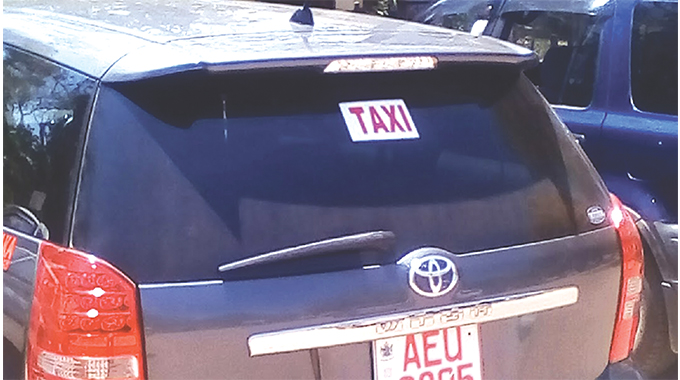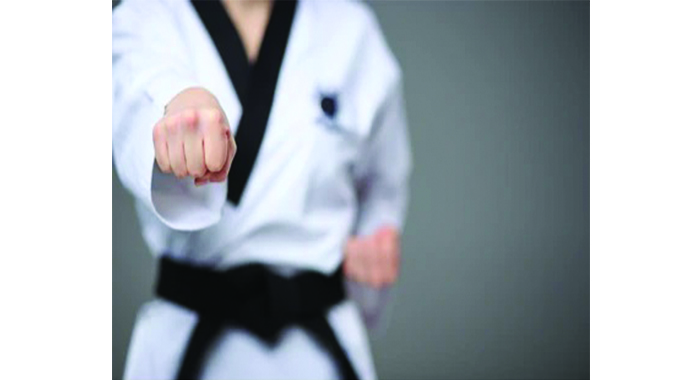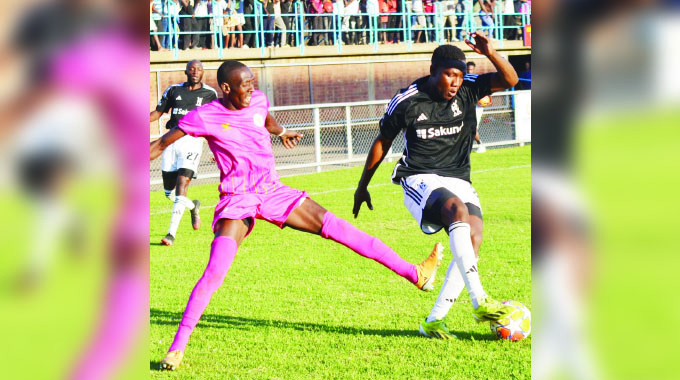Djokovic decision is a vindictive, political act — he is no clear and present danger

THE decision to deport Novak Djokovic, just four days after a federal court ruled that he could remain, is a transparently political move by an Australian government desperate to save face.
To be sure, it will prove enormously popular with the country’s electorate, 83 percent of whom are in support of throwing the world No 1 out of the country.
And yet it is astonishing that Alex Hawke, an inexperienced Immigration Minister with no legal qualifications, has seen fit to overturn the verdict of Anthony Kelly, a senior judge.
It smacks of an administration operating less according to the strict letter of the law than to the movement of opinion polls.
Hawke’s justification was telling: he was invoking his discretionary powers to eject Djokovic, he said, because “it was in the public interest to do so”.
But in the interests of public health, or public popularity? For all that Djokovic has been caricatured here in Australia as menace, it is difficult to rationalise the idea of one of the world’s best-conditioned athletes, who by his own account has had Covid-19 twice, representing a clear and present danger to Melbourne, a city that is 93 percent double-jabbed and recording in excess of 40 000 positive cases a day.
The impression, consequently, is that Hawke is acting more out of political expediency, with the beleaguered government he represents heading to a federal election in four months’ time. From the outset,
Prime Minister Scott Morrison has treated Djokovic as a convenient vehicle for illustrating his country’s uncompromising border policy, and as the perfect distraction from the slide in his poll numbers, caused by his decision to let the omicron variant rip through the population.
Within moments of Djokovic’s initial visa cancellation, Morrison crowed: “Rules are rules.” But this latest twist smacks of more than mere opportunism.
For Australia to expel the Serb, despite the judge’s verdict that Djokovic had done everything possible to demonstrate his right to enter, risks making Australia look downright vindictive.
To be sure, Djokovic has not helped his own cause at any stage of this saga. It was a serious PR mis-step for him to issue his own timeline of his movements before leaving Spain for Australia, which, far from bringing clarification, succeeded only in muddying the waters.
To acknowledge that he had kept an interview with a French journalist despite being knowingly Covid-positive, and to concede that his agent had entered false information on his travel declaration on his behalf? It would be difficult to imagine a pair of confessions more likely to turn the Australian mood against him.
And yet these revelations were separate from the original charge against Djokovic: namely, that his grounds for being granted a medical exemption were spurious.
For Hawke to sanction his deportation for a wholly different reason gives the impression of an after-the-event decision, as if the government was scrambling to find any pretext to eject him so that Morrison could triumph.
This is no longer about the sanctity of Australia’s borders. It is about chasing votes.
Just look at the wording of Hawke’s statement. “The Morrison government is firmly committed to protecting Australia’s borders, particularly in relation to the Covid-19 pandemic,” he declared.
What, by preventing the virus from infiltrating the country by deporting somebody who has already tested negative? The health arguments are so flimsy to be absurd. Djokovic’s presence here does not change Australia’s risk profile in the slightest.
Djokovic not perfect but episode reflects badly on Australia’s reputation
It is possible, of course, to see Djokovic’s own behaviour throughout this saga as mightily arrogant.
He has come across at times as an absolute fool, particularly in his “error of judgment” in keeping his interview on December 18 with L’Equipe, and in delegating the completion of his travel declaration to his agent, who provided false information.
But Djokovic has not just been paraded in Australia as an idiot, but as a form of bio-terrorist, an unvaccinated threat to everybody he meets.
This unedifying case of Djokovic versus the state can be portrayed as the individual versus the state. And in pandemic Australia, the system wins — every single time.
Even in a country wedded to the strictest border controls, many can see the politicisation of the Djokovic episode for what it is.
Janet Albrechtsen, writing in The Australian, a strongly pro-Morrison newspaper, said: “This is the sign of a desperate, delaying government poring over polling and hunting for ex post facto reasons to discredit Djokovic.” She has described Djokovic’s treatment as a “trashy drama that is an insult to the tennis player and to our country’s reputation as free and fair-minded.”
Kevin Rudd, the former prime minister, has been more scathing still, arguing: “This makes us look like some sort of corrupt colony where decisions are made on political whim, rather than a nation of laws governed by an impartial legal system.”
The consequences for Djokovic himself are stark. Having had his visa cancelled, he faces being banned from Australia for three years: a serious setback to his chances of lifting himself clear of Roger Federer and Rafael Nadal with a 21st major title, given his record of winning the Australian Open nine times.
But the repercussions for Australia’s international image are equally grave.
A nation that has portrayed itself in recent years as open, cosmopolitan and outward-looking has emerged from its targeting of Djokovic as insular, populist and paranoid. – The Telegraph












Comments